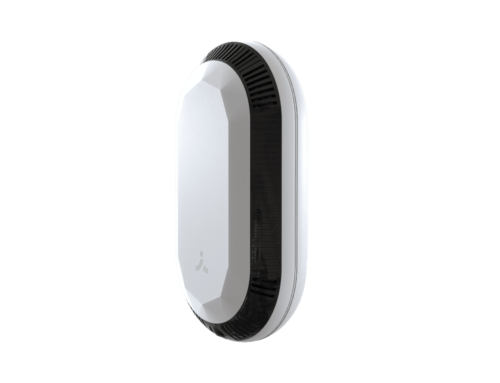Scheduling an appointment with your primary care physician (PCP) has become increasingly challenging. Many appointments are scheduled months in advance, and during that time, it is easy to forget why you initially booked the visit or what follow-up actions are required. Proper preparation can help ensure you get the most out of your appointment, address your concerns, and leave feeling confident about your health plan.
Preparing for your PCP appointment is especially important as it allows you to prioritize your health needs, avoid missing key details, and make effective use of the limited time you have with your physician. Below are some actionable tips to help you prepare and navigate your next visit with ease.
Write down any immediate questions or concerns that you may have as soon as they arise. Prioritize these questions by arranging them in order of importance. This strategy ensures that if time becomes limited during your appointment, your most pressing concerns are addressed first.
Some common topics you might want to discuss include:
• Any new ailments, pain, or restricted movement.
• Noticeable changes in appetite or weight.
• New or worsening symptoms that you are experiencing.
• Changes in your physical, mental, or emotional state.
• Side effects or changes observed while taking medications.
• Modifications to your current medication regimen.
• Prescription refills you might need before your next appointment.
• Whether therapies such as physical, occupational, or mental health therapy could be beneficial.
• Any over-the-counter medications, supplements, or products you’re considering taking.
Having these notes on hand ensures you cover essential topics and minimizes the chance of forgetting something important during your appointment.
When it comes to asking your doctor questions, don’t hesitate to seek clarity or advice on managing your health. Some useful questions include:
• Is there anything I should be concerned about regarding my current health?
• Are there lifestyle changes I should consider to improve my health?
• Are there any vaccinations, screenings, or tests you recommend for me at this time or in the future?
• What are my current health risks, such as high blood pressure, heart disease, or other chronic conditions? How can I reduce these risks?
• How should I manage my condition, illness, or injury between visits?
• Why are you prescribing this medication? What are the expected benefits and side effects?
• Can you explain my test results in detail?
• When should I schedule my next visit with you?
Consider bringing a notepad and pen to jot down key points during your visit. Alternatively, you can use a note-taking app on your smartphone to keep everything organized and easily accessible.
Another vital step before your appointment is confirming logistical details. Double-check the day, time, and location of your appointment. Verify that your insurance plan is still accepted and ensure you have your ID, insurance card, and a list of your current medications on hand. If there are any new medical records or documents your doctor might need, gather them ahead of time and bring them with you.
If you have a healthcare directive or power of attorney, this is a good opportunity to ensure your PCP or clinic has the most up-to-date information. These documents can guide your care preferences in the event of a medical emergency or if you become unable to make decisions for yourself.
After your appointment, take a few minutes to review the notes you took during the visit. If your doctor recommended follow-up tests, referrals, or screenings, schedule them promptly to avoid delays in your care. You may also want to book your next annual exam, or any routine lab work several months in advance to secure a convenient time.
Preparation doesn’t end after you leave the office. Managing your health is an ongoing process, and staying proactive can lead to better outcomes. Whether it’s taking prescribed medications as directed, following a new exercise plan, or making dietary adjustments, sticking to the care plan outlined by your doctor is essential.
Lastly, remember that communication with your PCP is key. Don’t hesitate to call their office if you have follow-up questions or if something changes with your health before your next appointment. Building a strong relationship with your PCP ensures that you receive personalized, attentive care that supports your overall well-being.
By taking these steps to prepare for your next appointment, you can feel confident that you’re advocating for your health and making the most of your time with your doctor. Preparing ahead of time not only helps you get answers to your most pressing concerns but also fosters a partnership with your physician to achieve long-term health goals.
This proactive approach to managing your health appointments can significantly enhance your care experience and support your journey toward a healthier, happier life.






